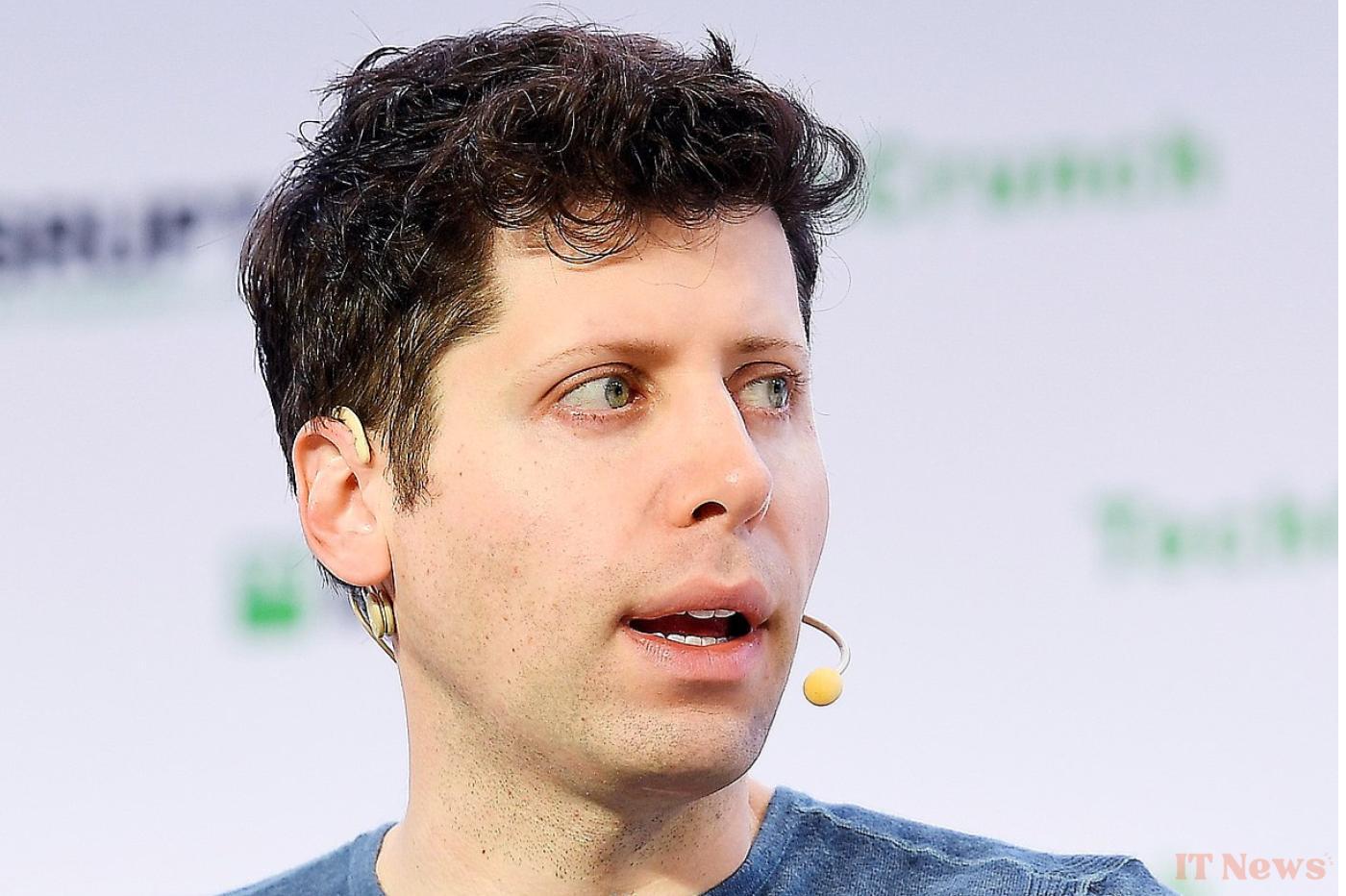OpenAI has just graced its audience with another spectacular about-face: in the face of criticism, the company behind ChatGPT has announced the abandonment of its plan to transition to a for-profit model.
To understand the ins and outs of this decision, we must first go back to 2015, when the company was founded by Elon Musk, Sam Altman, Greg Brockman, Ilya Sutskever, John Schulman, and Wojciech Zaremba. At the time, it was a quasi-philanthropic entity: the project was to create a non-profit organization focused on the development of a “freely accessible” AI, from which all humanity could benefit without restriction.
A major, gradual change of direction
But this ideal did not survive very long. Over the years, the idealism of this core group was confronted with the merciless reality of the American tech market. Handicapped by a serious lack of liquidity, OpenAI gradually distanced itself from this identity. A change of direction that was not to everyone’s taste, starting with Elon Musk; The man who remained its main financial contributor for several years finally left the ship in 2018, citing a growing gap between his vision and that of his partners.
But that was only the beginning. In 2019, the firm pivoted to a new model by dividing its business into two branches: the non-profit organization was now accompanied by a second for-profit branch. This decision marked a decisive turning point in OpenAI's trajectory, as it allowed it to forge close ties with Microsoft. The software giant took a stake in 2019 with an initial investment of $1 billion, before strengthening this union with a new infusion of $13 billion.
This transition hasn't made everyone happy. This tumultuous period was notably marked by the surprise departure and then the spectacular return of CEO Sam Altman, who was almost ousted from his own creation after a bitter internal power struggle.
At the same time, OpenAI was faced with a major brain drain. Two co-founders (Ilya Sutskever and John Schulman, brilliant AI researchers and key architects of the firm's original manifesto), then CTO Mira Murati, left the ship in quick succession.
But that didn't stop the company from continuing its transformation. At the end of 2024, it announced its intention to consolidate its core business into a for-profit corporation. A decision that, unsurprisingly, was seen as a "blatant betrayal of the founding agreement" by many detractors.
OpenAI sacrifices its original mission on the altar of profit
Some of them have been particularly virulent in their criticism. Notable examples include Elon Musk, who sued his former team to prevent the transition and launched a series of personal attacks, such as comparing CEO Sam Altman to Littlefinger—the Game of Thrones character known for his cunning, manipulation, and ruthless opportunism.
A New Twist
It now appears that this debacle has prompted OpenAI to backtrack. In a blog post published on May 5, the firm announced that the corporation would ultimately remain under the control of the original entity. "OpenAI was founded as a non-profit organization and is now overseen and controlled by that organization. Going forward, it will continue to be overseen and controlled by that organization," said board member Bret Taylor.
Some people directly involved in the case have said they are "reassured" by this new roadmap. This is the case, for example, of Kathy Jennings, the attorney general of Delaware (the state where the non-profit branch is based). But not everyone shares this interpretation. Elon Musk's camp, for example, believes that it "changes nothing" at the heart of the problem.
According to Marc Toberoff, the lead lawyer leading the tycoon's lawsuit, this initiative will not resolve certain "fundamental problems." In the columns of the Financial Times, for example, he points out that "charitable assets have been and will continue to be transferred for the benefit of private individuals, including Altman, his investors, and Microsoft." The Musk camp therefore has no intention of abandoning its legal action.
For the moment, it is still difficult to understand all the potential consequences of this new development. It will therefore be necessary to closely monitor the developments in this case, as the debates surrounding OpenAI's legal structure are certainly not going to stop overnight.



0 Comments